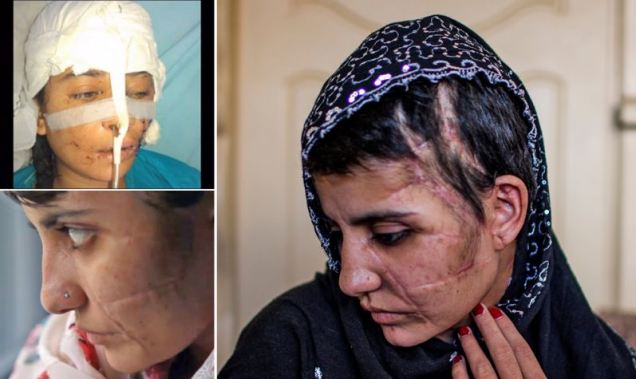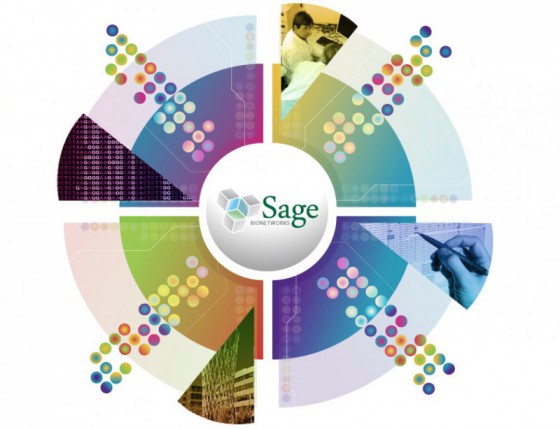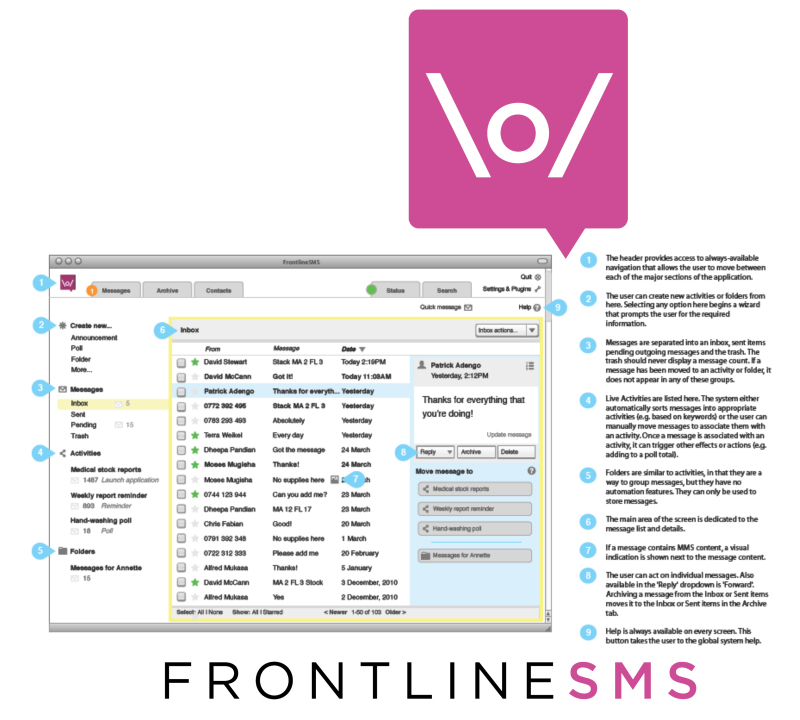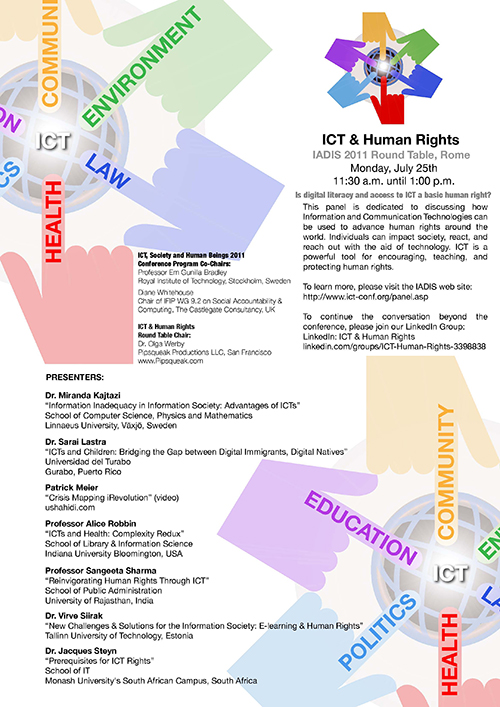Below are the notes from the US Rio+2.0 conference hosted at Stanford last week. The notes are from the Education: Environment and Conservation breakout session. US Rio+2.0 Breakout Session Education: Environment and Conservation Attendees: Prof. Anthony D. Barnosky: Professor and Curator, Department of Integrative Biology at University of California Berkeley Wali Modaqiq: Deputy Director General (DDG), National Environmental Protection Agency (NEPA) of Islamic Republic of Afghanistan Dr. Khalid Naseemi: Chief of Staff & Spokes Person for National Environmental Protection Agency (NEPA) of Islamic Republic of Afghanistan Julie Noblitt: The Green Ninja — Climate-action Superhero Prof. Robert Siegel, M.D., Ph.D.: Associate Professor, Microbiology & Immunology Human Biology/African Studies at Stanford School of Humanities and Sciences Dr. Beth Stevens: Senior Vice President, Corporate Citizenship Environment and Conservation at Disney Worldwide Services, Inc. Madam Anyaa Vohiri, M.A., J.D.: Executive Director, Environmental Protection Agency of Liberia Olga Werby, Ed.D.: President, Pipsqueak Productions, LLC. Mostapha Zaher: Director General (DG), National Environmental Protection Agency (NEPA) of Islamic Republic of Afghanistan Our breakout group was partly the result of the conversation started the day before in the Environment session. Some of the members of our breakout group were present in that session as well. The main discussion…
Read more →





